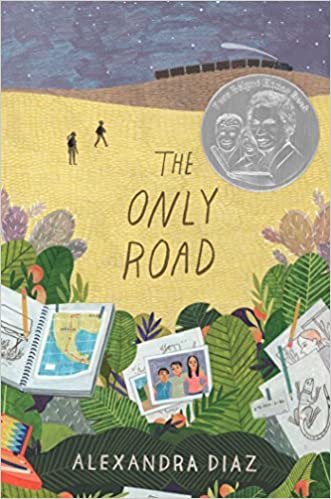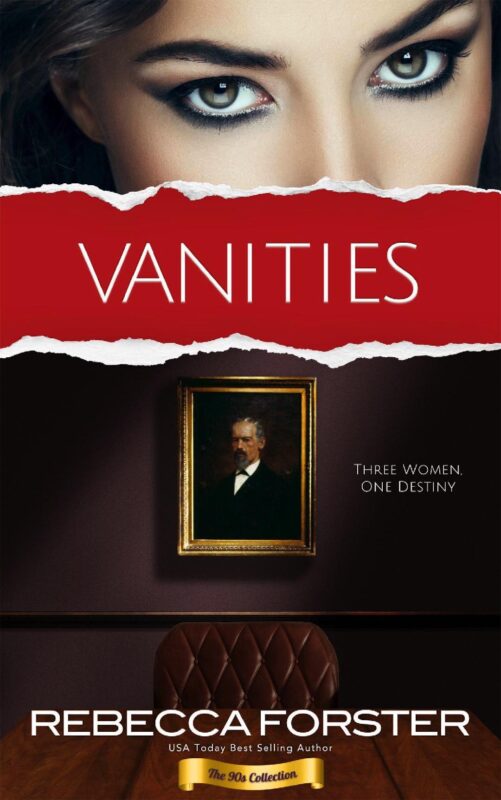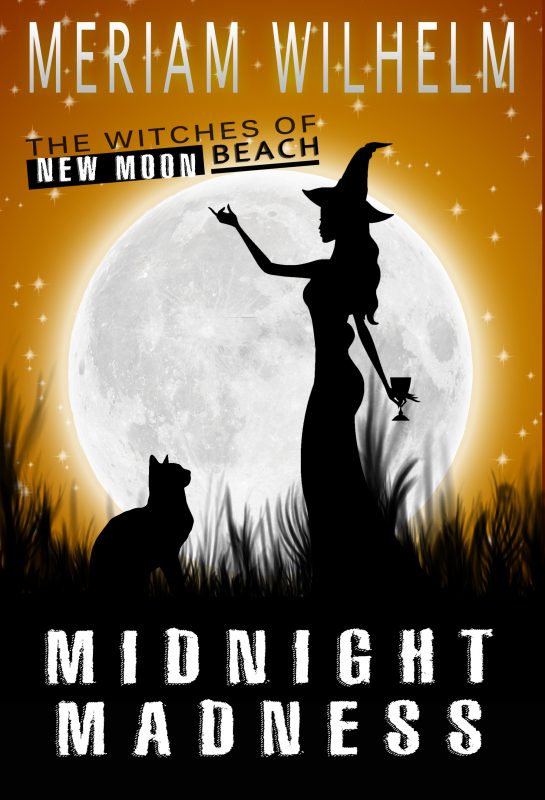OCC RWA April Online Class
March 26, 2013 by A Slice of Orange in category ArchivesUnderstanding Men

Placebo: it’s all in your mind….
March 24, 2013 by A Slice of Orange in category ArchivesI was surprised when I examined the literature that came with my first prescription migraine drugs. There, in minuscule print on tissue thin paper folded about 20 times, was the FDA approved statement of drug effectiveness (along with a host of other information) and a visual–a graph charting the drugs efficacy Vs a placebo, two lines heading up, one ever so slightly above the other.
In order to be endorsed as a valid medication, a drug must deliver some tiny percent greater effectiveness than a sugar pill. This didn’t seem like a very high bar to clear! But one look at the chart showed the unexpected, but irrefutable fact that the placebo had significantly positive impact. The bar was in fact quite high indeed!
Did this feed into the physician’s dismissive “its all in your head” “hysteria” “maladie imaginaire” ? For me, it was incontrovertible evidence of what we all know, but can have difficulty acknowledging: the incredible power of our own mind.
In many–though not all–cases, we can will things to happen. And while the power of belief is accepted in many areas, it can be scoffed at or dismissed in others. Though mankind, whose ever-present default position of being the center of the universe (!), all knowing and all controlling, can take this too far.
It’s why snake-oil salesman are able to succeed, along with faith healers, talismans, the power of positive thinking, and mind-over-matter. Change may not have a physical reason for happening, but sometimes, if there is a spiritual/emotional reason, that in itself may create an opportunity, a pathway, to open your mind and allow your body to follow.
Believing is seeing, and if we can allow ourselves to accept new things/beliefs, we will likely see new things, even as we look at the familiar.
Believing is also tasting–I remember being at a high-end conference and heading for the dessert table, where there was a large bowl of unlabelled pale yellow pudding. I thoughts…lemon something? Took a sample. No, just light and blandly sweet tasting. Our table speculated as it what it was. Vanilla Pudding? Seemed too plebeian for our exalted venue. Then it clicked: white chocolate mousse. Everyone dashed off to have some. It’s blandness had been transformed to an elegant delicacy.
This insight has lead me to strive to ignore all warnings about the relative merit–or negatives–about all digestibles. My understanding of what is “good” or “bad” for me has become crystal clear and easy:
- Whatever I like is good for me
- Whatever I don’t like is bad for me.
And you know, I can tell the instant I put something in my mouth whether it is good or bad for me.
This insight, of course, is coupled with the overarching truth of moderation in everything. To which I also add the key ingredient of appreciation…
Enjoy!
Isabel Swift
Ranting About Units of Measure and Lazy Writing
March 19, 2013 by A Slice of Orange in category Archives tagged as grammar, romance writing, writingMonica Stoner w/a Mona Karel
When did ‘ton’ evolve into a generalized unit of measure? At one time, a ton was 2,000 pounds. Yes, there was metric ton and no doubt some other scientific variations but it all came back to a method of stating the weight of an item. Simple, exact, precise.
Suddenly we have a “ton†of ideas, a “tonâ€of fun, a “ton†of jobs to do. I might expect to see this sort of casual expression among middle school students and young people but it has become pervasive in the work of what I thought were professional writers. Which leads me to wonder if this has become standard usage. Whatever happened to such wonderful words as ‘plethora?’ ([n.] excess) Granted we might not encounter the word in common usage but should that mean we choose an inappropriate word instead?
Will we encounter the same spreading misuse as we did when a well known author applied ‘laconic’ ([adj.] brief statement, concise explanation) to her hero’s raised eyebrow. Granted eyebrows aren’t capable of extensive speech but this usage is far beyond the definition. Sadly I find she has established a trend of lazy writing when a quick perusal of the thesaurus might suggest, well, a plethora of more correct adjectives.
To exacerbate the situation, I just received a message about a FREE GIVEAWAY book. Is this phrasing supposed to make me want the book more? To be honest, I figure if the promotional notices show such disrespect for our language I’m not likely to check out the book itself. Free is too expensive when I waste time on poorly written books.
Then you have the brilliant new idea that word usage isn’t as important as story telling and content. According to this theory if a writer can’t remember the difference between your and you’re it doesn’t matter as long as their characters have appeal. And here I wondered how we devolved to using ‘ton’ to identify something other than a large unit of weight.
Maybe I’m just in a crabby mode. Words do have an exact meaning and we write for the joy of sharing those words with others. Unless of course we’re writing to silence the voices in our heads.
Is there anything that rubs your writerly self the wrong way?
Mal, Mertiz, My Kid and Me
March 15, 2013 by A Slice of Orange in category Archives
The Case of the Missing Blue Parasol by Jina Bacarr
March 11, 2013 by A Slice of Orange in category Archives tagged as blue, bride, Civil War, flirting, historical, lady, parasol, prologue, romance, romance novel, Scarlett O'Hara, SouthI can’t find my blue parasol.
White lace ruffle, long white handle.
I’ve looked high and low, in closets, in the garage behind old lawn tools, everywhere.
Oh, fiddle de dee, as Scarlett would say. This charming piece of Southern femininity is an important symbol to me as I work on my Civil War romance time travel, “The Bride Wore Gray.” It’s a prop I’ve had for years when I worked in the theatre. A symbol of the attitudes and mores of ladies in a time gone by.
Can you imagine maneuvering your parasol over your shoulder while trying to text on your smart phone?
Not a pretty sight.
But don’t the dismiss the uses of a parasol too easily. These ladies knew what they were doing. A parasol can be used for:
Flirting.
Protecting your skin from the sun.
Whacking a gent over the head if he makes an unwelcome advance.
A quick cover in a rain emergency.
And certainly, a parasol is at its best if you’re Mary Poppins.
No, that was an umbrella, but you get the idea. But I believe a parasol has the same magic as Mary Poppins’ brolly when you pop it open and sling it over your shoulder in a sexy manner. It gives that provocative Southern charm to any woman. And makes flirting more fun.
That’s why I need my blue parasol. When I’m writing the character of Pauletta Sue Buckingham, the Southern spy in “The Bride Wore Gray,” it evokes that era and the slow, easy living of the time, as well as the seductive nature of her character.
Last time, I posted the beginning of the Prologue for “The Bride Wore Gray” with Pauletta Sue trying to out ride the Yankees hot on her tail. She remembers her first night with her beloved, Captain Colton Trent:
Here is the next installment of “The Bride Wore Gray:”
I’ll keep looking for my blue parasol.
After all, in Scarlett’s words, tomorrow is another day.
Best,
Jina
Affiliate Links
A Slice of Orange is an affiliate with some of the booksellers listed on this website, including Barnes & Nobel, Books A Million, iBooks, Kobo, and Smashwords. This means A Slice of Orange may earn a small advertising fee from sales made through the links used on this website. There are reminders of these affiliate links on the pages for individual books.
Search A Slice of Orange
Find a Column
Archives
Featured Books
MIDNIGHT MADNESS
As if Olivia Merriman doesn’t have enough to do in her beloved town of New Moon Beach, now her grouchy great-grandmother has recruited her to head up their coven of witches; her sisters are miffed, the coven is pushing her to accept the job, and to top it all off an evil wizard is messing with her love life.
More info →Newsletter
Contributing Authors
Search A Slice of Orange
Find a Column
Archives
Authors in the Bookstore
- A. E. Decker
- A. J. Scudiere
- A.J. Sidransky
- Abby Collette
- Alanna Lucus
- Albert Marrin
- Alice Duncan
- Alina K. Field
- Alison Green Myers
- Andi Lawrencovna
- Andrew C Raiford
- Angela Pryce
- Aviva Vaughn
- Barbara Ankrum
- Bethlehem Writers Group, LLC
- Carol L. Wright
- Celeste Barclay
- Christina Alexandra
- Christopher D. Ochs
- Claire Davon
- Claire Naden
- Courtnee Turner Hoyle
- Courtney Annicchiarico
- D. Lieber
- Daniel V. Meier Jr.
- Debra Dixon
- Debra H. Goldstein
- Debra Holland
- Dee Ann Palmer
- Denise M. Colby
- Diane Benefiel
- Diane Sismour
- Dianna Sinovic
- DT Krippene
- E.B. Dawson
- Emilie Dallaire
- Emily Brightwell
- Emily PW Murphy
- Fae Rowen
- Faith L. Justice
- Frances Amati
- Geralyn Corcillo
- Glynnis Campbell
- Greg Jolley
- H. O. Charles
- Jaclyn Roché
- Jacqueline Diamond
- Janet Lynn and Will Zeilinger
- Jeff Baird
- Jenna Barwin
- Jenne Kern
- Jennifer D. Bokal
- Jennifer Lyon
- Jerome W. McFadden
- Jill Piscitello
- Jina Bacarr
- Jo A. Hiestand
- Jodi Bogert
- Jolina Petersheim
- Jonathan Maberry
- Joy Allyson
- Judy Duarte
- Justin Murphy
- Justine Davis
- Kat Martin
- Kidd Wadsworth
- Kitty Bucholtz
- Kristy Tate
- Larry Deibert
- Larry Hamilton
- Laura Drake
- Laurie Stevens
- Leslie Knowles
- Li-Ying Lundquist
- Linda Carroll-Bradd
- Linda Lappin
- Linda McLaughlin
- Linda O. Johnston
- Lisa Preston
- Lolo Paige
- Loran Holt
- Lyssa Kay Adams
- Madeline Ash
- Margarita Engle
- Marguerite Quantaine
- Marianne H. Donley
- Mary Castillo
- Maureen Klovers
- Megan Haskell
- Melanie Waterbury
- Melissa Chambers
- Melodie Winawer
- Meriam Wilhelm
- Mikel J. Wilson
- Mindy Neff
- Monica McCabe
- Nancy Brashear
- Neetu Malik
- Nikki Prince
- Once Upon Anthologies
- Paula Gail Benson
- Penny Reid
- Peter Barbour
- Priscilla Oliveras
- R. H. Kohno
- Rachel Hailey
- Ralph Hieb
- Ramcy Diek
- Ransom Stephens
- Rebecca Forster
- Renae Wrich
- Roxy Matthews
- Ryder Hunte Clancy
- Sally Paradysz
- Simone de Muñoz
- Sophie Barnes
- Susan Squires
- T. D. Fox
- Tara C. Allred
- Tara Lain
- Tari Lynn Jewett
- Terri Osburn
- Tracy Reed
- Vera Jane Cook
- Vicki Crum
- Writing Something Romantic
Affiliate Links
A Slice of Orange is an affiliate with some of the booksellers listed on this website, including Barnes & Nobel, Books A Million, iBooks, Kobo, and Smashwords. This means A Slice of Orange may earn a small advertising fee from sales made through the links used on this website. There are reminders of these affiliate links on the pages for individual books.










































